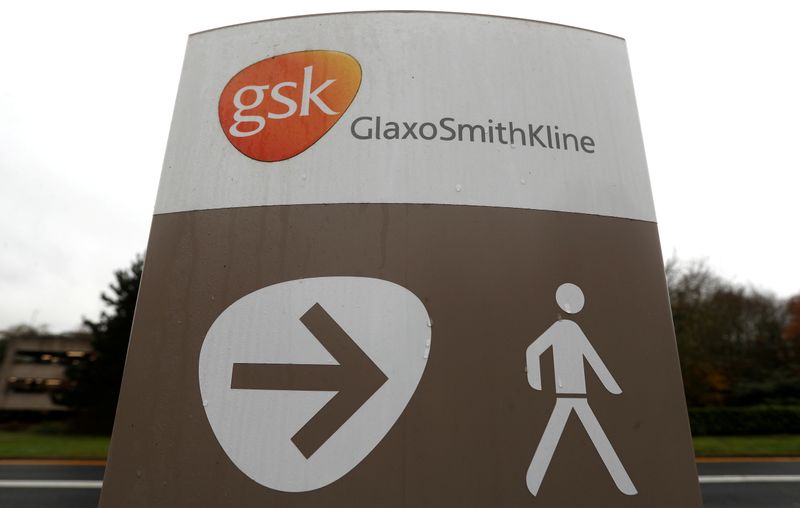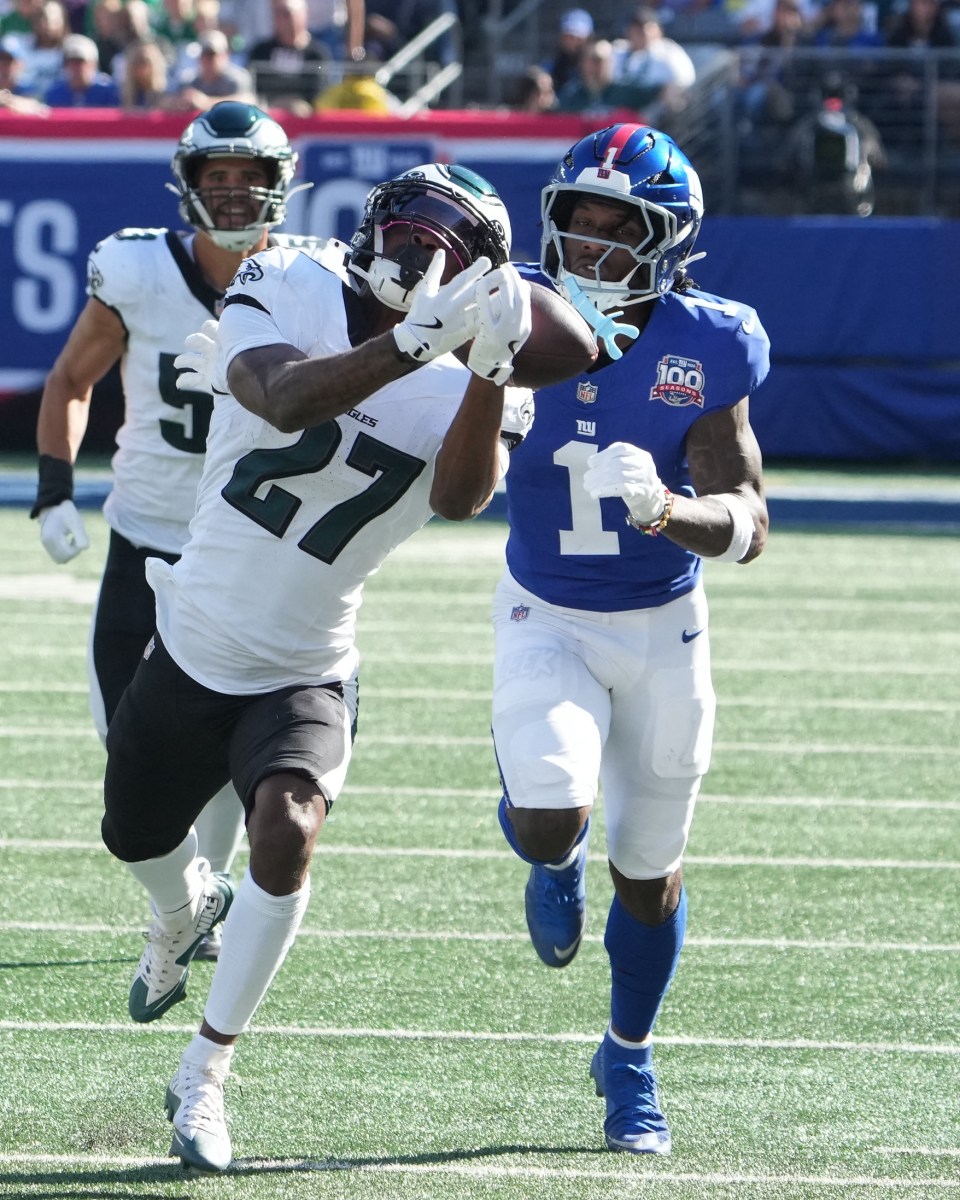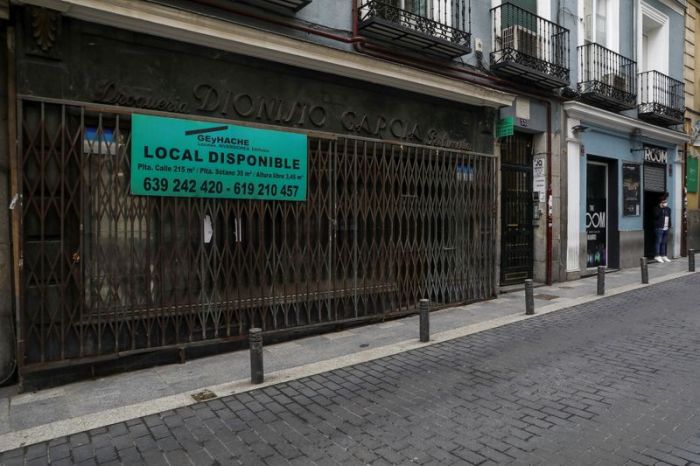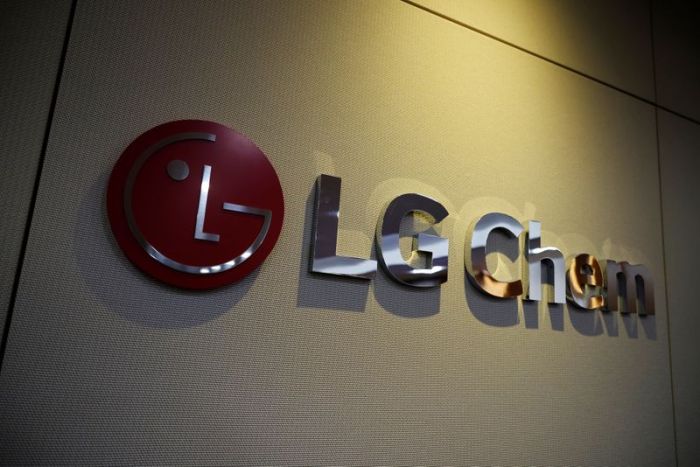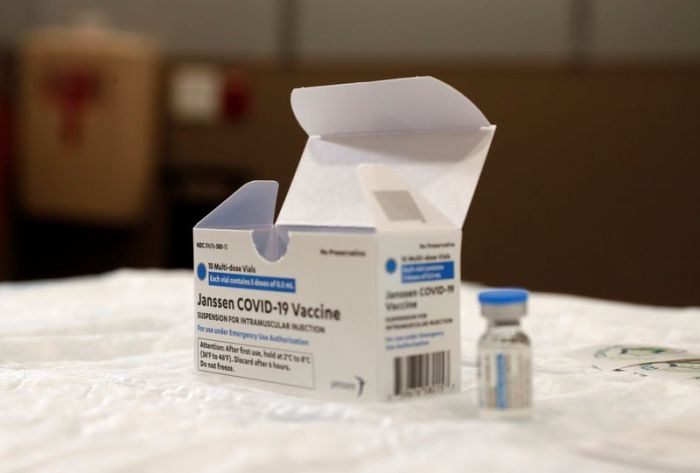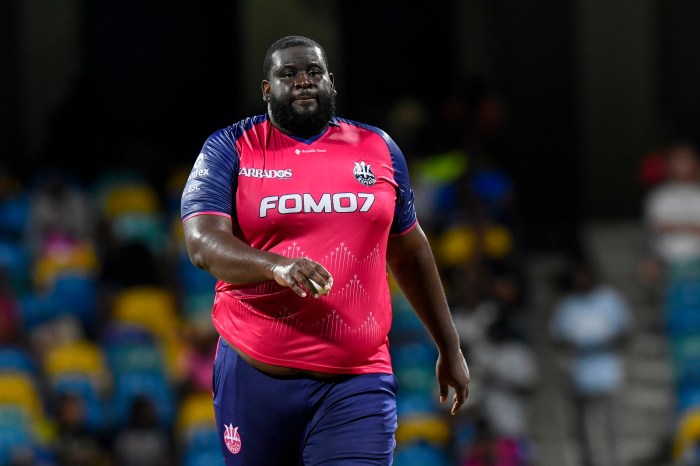(Reuters) – Vir Biotechnology and Britain’s GSK plan to seek emergency use authorization for their experimental COVID-19 antibody therapy after interim data from a study showed 85% reduction in hospitalization and deaths among patients, the companies said.
The move brings the antibody therapy one step closer to becoming another weapon against the pandemic, with similar therapies from Eli Lilly and Regeneron Pharmaceuticals receiving recommendations from U.S. and European health regulators earlier this year.
Vir and GSK said in a joint statement on Wednesday that an independent panel recommended stopping further enrollment in the late-stage trial of the therapy due to evidence of “profound efficacy”.
The companies said they plan to use the results of the study to seek emergency use authorization from the U.S. Food and Drug Administration and regulatory approvals in other countries.
Vir Chief Executive George Scangos said in a Thursday interview with Reuters that Vir is in contract talks for the therapy with governments including the United States and that the data will likely speed up their progress towards a deal.
Antibody treatments are designed to decrease the severity of COVID-19 among patients diagnosed with the infection.
Vir and GSK also said that a new laboratory study showed the therapy, VIR-7831, was equally effective against the UK, South African and Brazilian variants of the coronavirus.
Scangos said Vir is reviewing data from its study to identify which patients have variants of COVID-19 and confirm the antibody is effective against them.
“We don’t yet have data to definitely say the antibody is as effective against variants of the virus as it is against prototypic strains. It appears that way from preclinical research,” Scangos said.
Vir and GSK announced a partnership last year to research COVID-19 treatments.
(Reporting by Aakriti Bhalla and Derek Francis in Bengaluru and Carl O’Donnell in New York; Editing by Anil D’Silva, Aditya Soni and David Evans)

